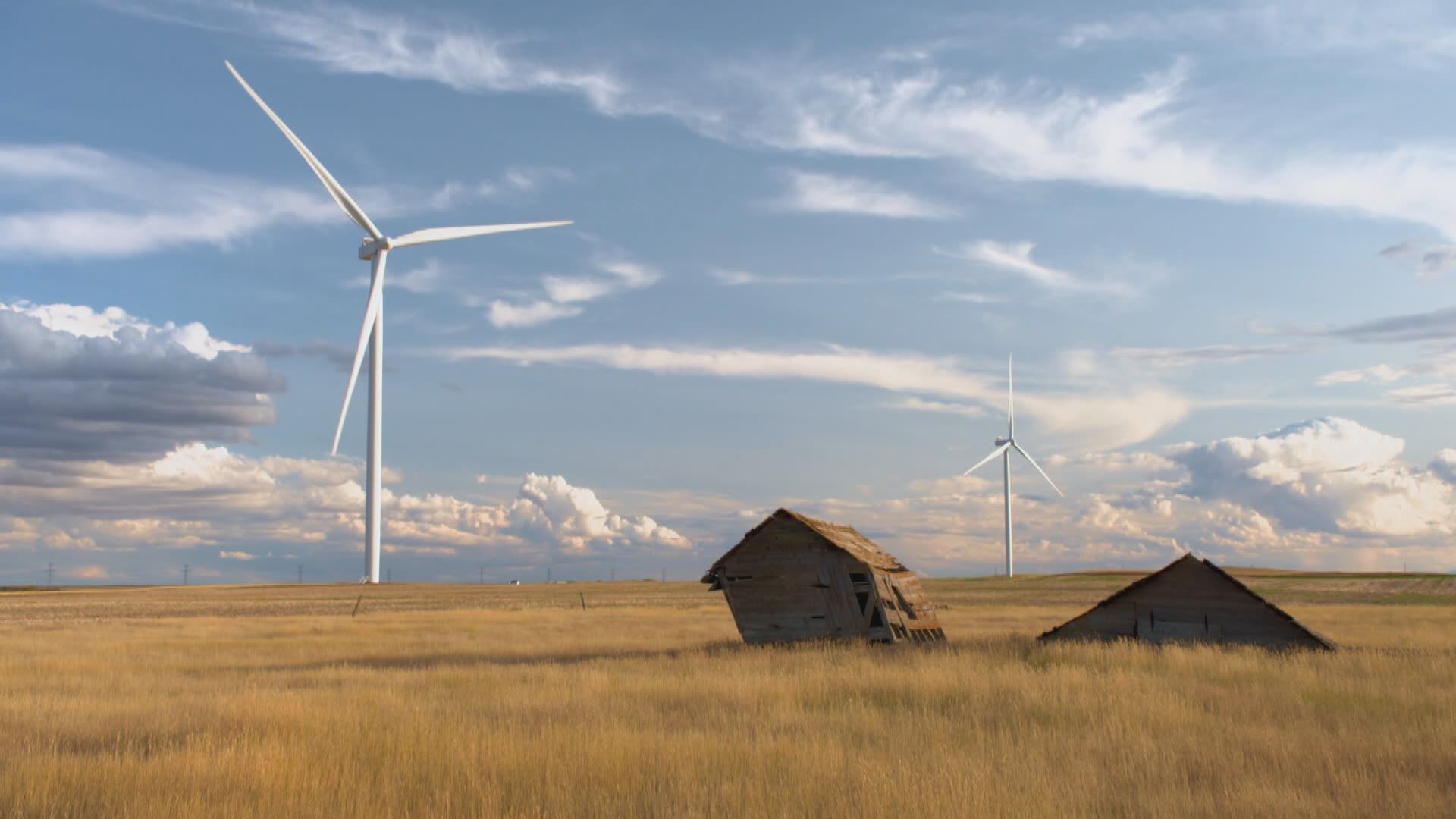Despite rising interest rates, Canadians purchased more than three times as many electric vehicles (EVs) in 2023 compared to 2019. The Bank of Canada’s interest rate fluctuated significantly during this time period, but new EV registrations continued to rise even at the highest interest rates. Concordia University economics professor Moshe Lander noted that the increase in EV sales may have been even higher with lower interest rates, suggesting that buyers may be motivated by environmental concerns rather than just financial factors.
The trend of purchasing EVs has expanded beyond high income earners to include middle income Canadians, with one fifth of vehicles sold in 2023 being EVs or hybrids. Lander cautioned that those who have already purchased EVs may represent the “low-hanging fruit” in terms of adaptability to using electric vehicles. However, he also expressed concern about the lack of infrastructure development for EVs as they become more common, citing a need for more charging stations in residential, work, and recreational areas to facilitate the transition to EVs.
Tim Reuss of the Canadian Auto Dealers Association highlighted the challenge of driving EV adoption across different provinces, noting that Quebec, Ontario, and British Columbia have seen the highest rates of new EV registrations. Reuss emphasized the importance of accessibility to charging stations for the success of EVs, particularly in rural areas where EVs may still be impractical. He urged for tailored policies and incentives from federal, provincial, and municipal authorities to support a more even transition to EVs across various regions.
Statistics Canada data shows that Quebec accounted for around 40 percent of new EV registrations each year, with the province offering a $7,000 subsidy for electric and plug-in hybrids, which is being phased out by 2027. The federal government also offers a $5,000 subsidy for EV purchases. Reuss and Lander emphasized the need for coordinated efforts to accelerate the transition to electric vehicles, with Reuss noting that the speed of the transition depends on government policies and infrastructure development.
The federal government introduced new regulations for EVs in December, including incentives and fees for automakers to promote EV sales and build charging stations. Reuss and Lander called for more targeted policies that consider the unique needs of urban and rural areas, as well as variations between provinces. They suggested that the transition to EVs is now more dependent on government actions rather than solely consumer decisions, with Lander criticizing the missed opportunity to allocate more funds for the transition in the recent federal budget.
Overall, while the increase in EV sales in Canada is a positive sign for the transition to electric vehicles, experts caution that challenges remain in terms of infrastructure development, accessibility to charging stations, and the need for more targeted government policies to support a faster and more even transition across various regions and income levels.















